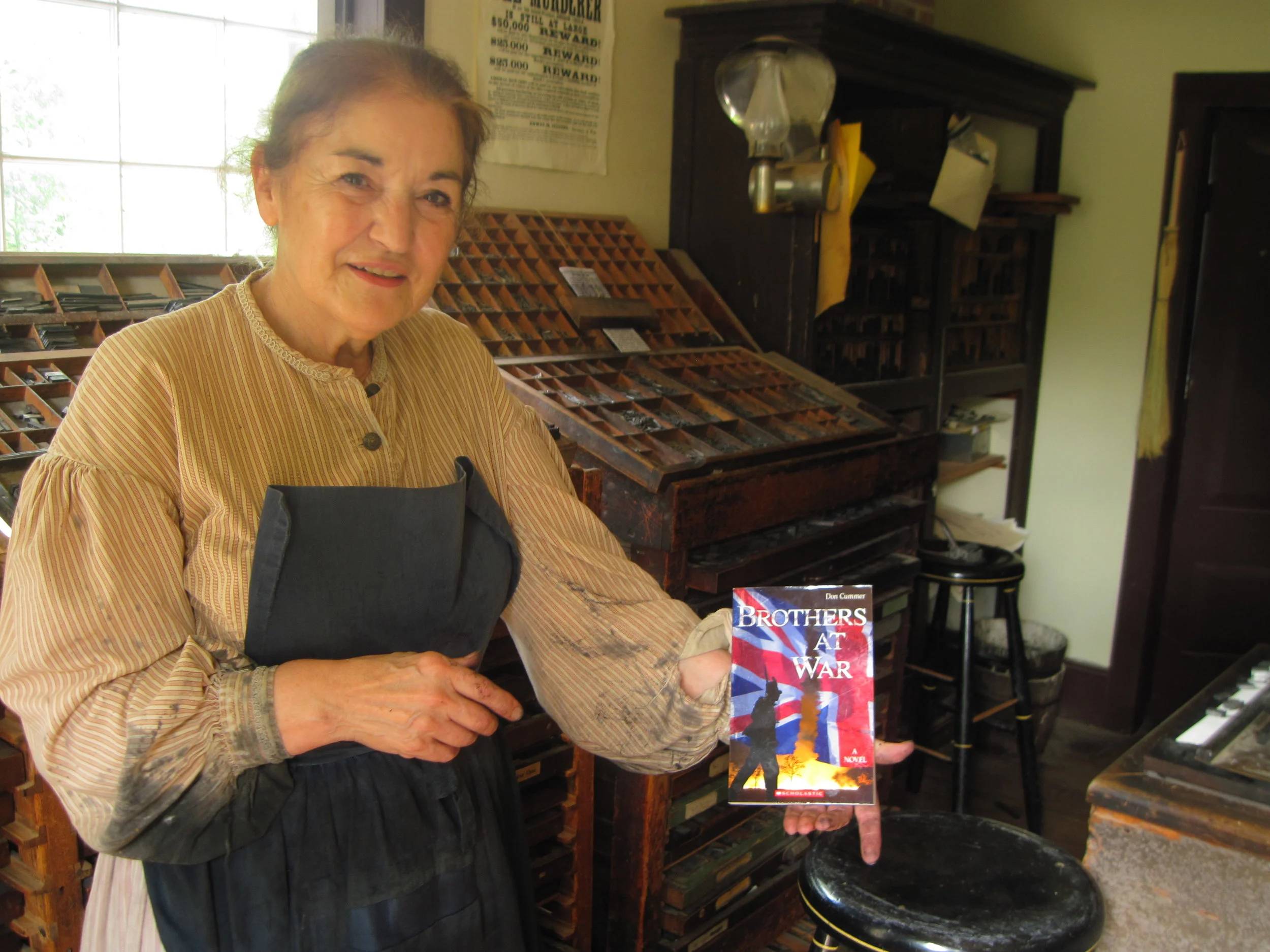So when they could not buy food, the soldiers on both sides resorted to stealing, looting and plundering. Both sides prohibited looting, but soldiers in the American and Crown armies did rob local farms in the Niagara peninsula. Thomas Ridout, a junior officer in the Crown forces wrote to his father in September 1813, "Tonight our dragoon is to make a grand attack on the onions.The nests are kept very nice and clean from eggs. [ie. he was stealing from the hen houses]. We feed a turkey at our door which is doomed for our Sunday dinner." Elsewhere, Ridout refers to "an extensive robbing of peas, apples, onions, corn, carrots." [Sheppard p. 100]
Read More



















